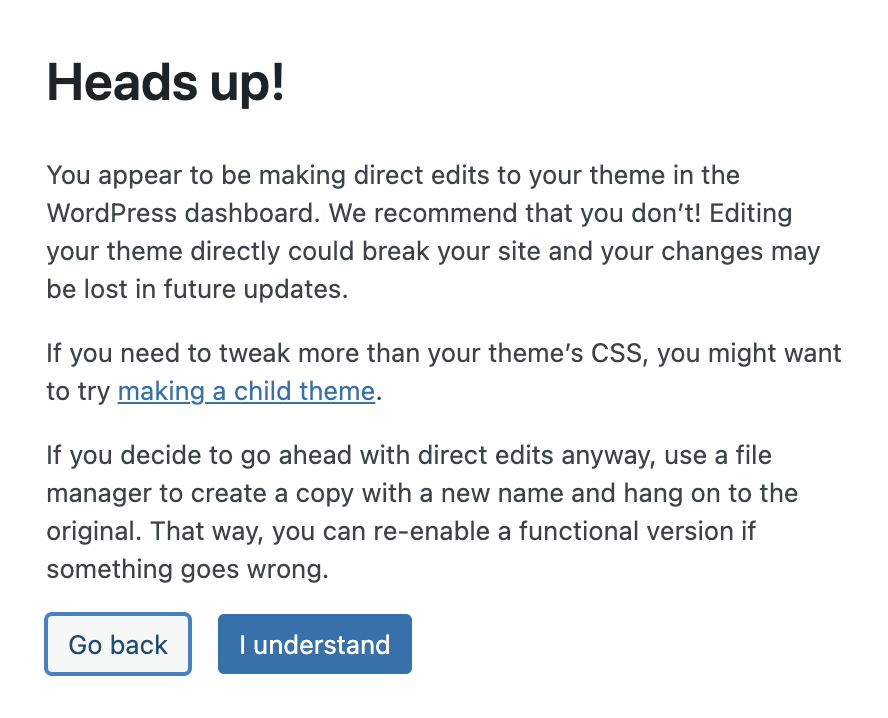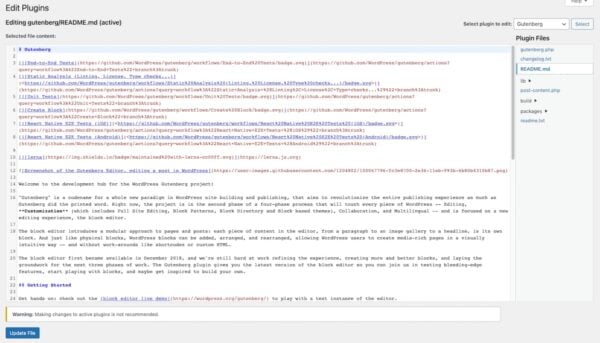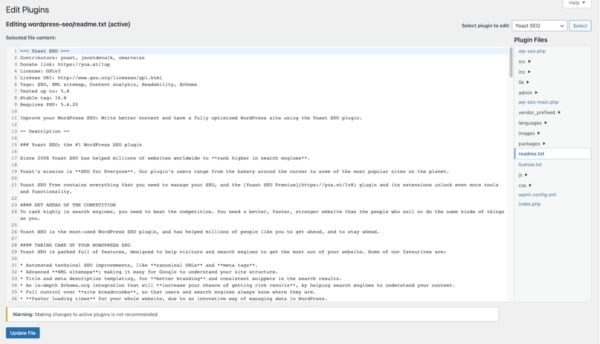The self-growth opportunities of WordPress

WordPress is one giant self-growth opportunity for the people that use it and contribute to it. A lot of developers in the ecosystem will tell you that they chose this career path after tinkering around with the WordPress files to learn how the software is made. In the last thirteen years, WordPress has helped me grow professionally and personally beyond anything I could have imagined. And it can help you grow, too!
It’s no secret: we love WordPress and its open-source community! To spread the word, we started the Why we love WordPress series of blog posts. In this new addition to the series, Francesca explains how becoming a WordPress contributor has helped her to grow and develop.
I started building websites in 1999 and I did it until 2017. Over those years, building websites changed dramatically. From simple static HTML pages to modern web development, made of different languages, multiple libraries, and lots of tools. WordPress allowed a whole generation of web designers to create beautiful websites with the skills they acquired in the early days of the web plus some PHP hacking.
But the self-growth opportunities don’t stop at technical knowledge: they extend to skills like project management, leadership, mentorship, and many more. In addition, WordPress has helped countless people find a job in the industry and build long-lasting relationships. Here are some examples of how you can tap into the power of the community to grow and in return, help the project grow.
Learning to code with WordPress
Disclaimer: with Full Site Editing coming to WordPress, things will change, but for now you can still observe code, in the following hacky, low-cost way 😉
Let’s say you took an HTML and CSS class and want to see them in action. Great! Go to your WordPress Dashboard, and go to Appearance > Theme Editor
The warning you’ll get is a great starting point into your learning path

This pop-up is packed with information. It warns you about the consequences of doing it wrong, but also points you to doing it right. You can learn to build a child theme – and why – and you can learn to use the file manager. The word “version” might make you curious and you might end up learning about version control. So much just in the warning message!
You will see a similar pop-up if you go to Plugins > Plugin Editor. You can select the plugin you want to learn more about and you will see the files that make it up. Head to readme.md or readme.txt first, so you can learn about the plugin, who makes it or maintains it, and in some cases how to contribute to it.


If you click on “I understand” you will be able to see the files that make up your theme or your plugins. By reading the code, you’ll probably find things that puzzle you, so you can head to the WordPress Developer Resources site to learn more about it.
If you want to dig deeper and you prefer to have an instructor, these are the resources that I suggest:
At some point, you might want to contribute to WordPress itself. My colleague Taco wrote a handy guide to get you involved in the community. And if you want to build something for it, you can check the plugin or the theme developer handbooks.
Learn to manage projects with WordPress
WordPress is an open source project, and whilst open source, by nature, has the feeling of a bazaar, you will need to manage your own contribution to it. Whether you have one hour a month or forty hours a week, you can’t do everything, be everywhere and do it all by yourself.
When I started contributing, I took on too many tasks: the result was that I overpromised and underdelivered. No one called me out, nor blamed me. But it was a wake-up call. It became an excellent opportunity to hone my task, time, and project management skills. Not to mention interpersonal communication.
Some teams have Trello boards, some use Trac or GitHub. Others are fond of shared documents and spreadsheets. The tool doesn’t really matter, what matters is that you can learn to work with other people, in an asynchronous way, you can learn to set priorities and communicate, and you can then use those skills for your job too.
Learn English with WordPress
If English is not your native language, worry not. In fact, the majority of WordPress websites are not in English!
If you want to contribute but you think your English is not good enough, please don’t let that get in your way. The WordPress community is a global community. No one cares about Etonian English. In some cases, you might not even need to know a lot of English: for example if you decide to organize an event in your country.
By attending chats, asking questions, reading other people’s messages, and raising your hand when a colloquial or slang sentence is used to get an explanation, chances are your English will also improve. My colleague Laura didn’t speak much English when she started contributing to WordPress in Italy. Now she has been part of the WordCamp Europe organizing team for years. Not to mention, she got a job at Yoast 😉
Make friends through WordPress
Last, but not least, WordPress allowed me to meet people from all over the world and form strong bonds. When in-person events were still a big part of my schedule, I knew that no matter where I would go, I would meet like-minded people that shared a passion for WordPress.
I shared a home with Naoko from Japan at WordCamp Europe, after having met her at WordCamp US a few months before. When I organized the first WordCamp Torino, I invited Omar and Taco to my home. I met my partner in life through WordPress. Other contributors share pictures of their kids and pets with me. Recipes and book recommendations are exchanged.
I love WordPress
Learning to use WordPress to build websites and starting to contribute to the project completely changed my life. Since May 2015, when I translated my first string into Italian, I never looked back. WordPress is my job, but it’s also my family. It can’t get any better than this!
Want to get involved? Find out more at WordPress.org!


Discussion (4)